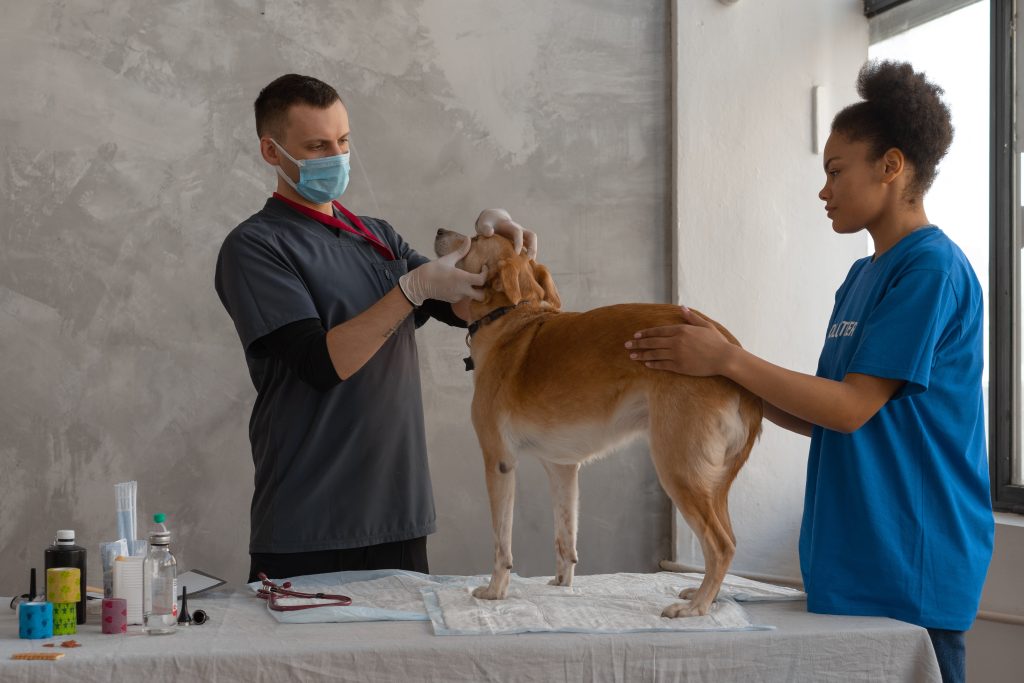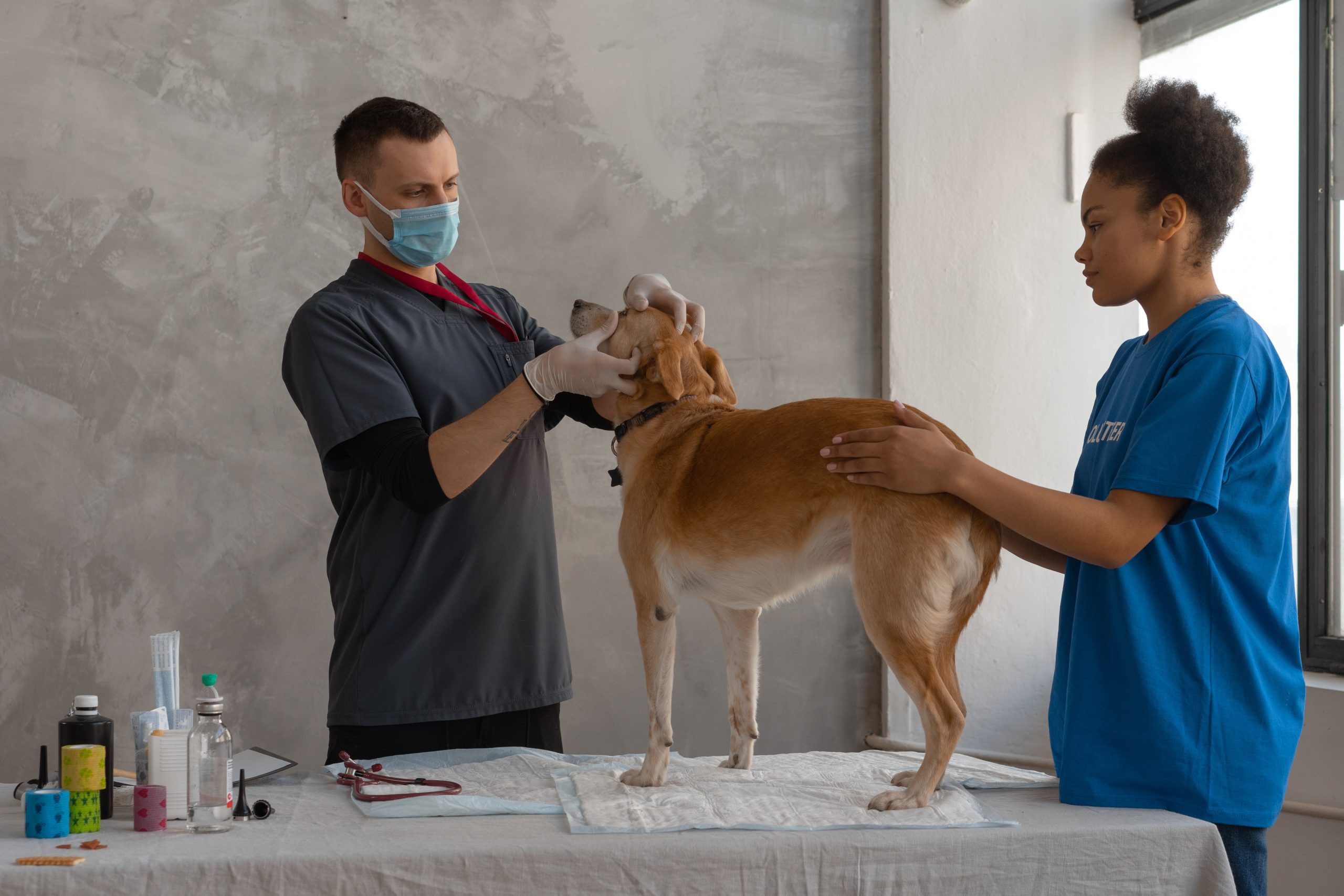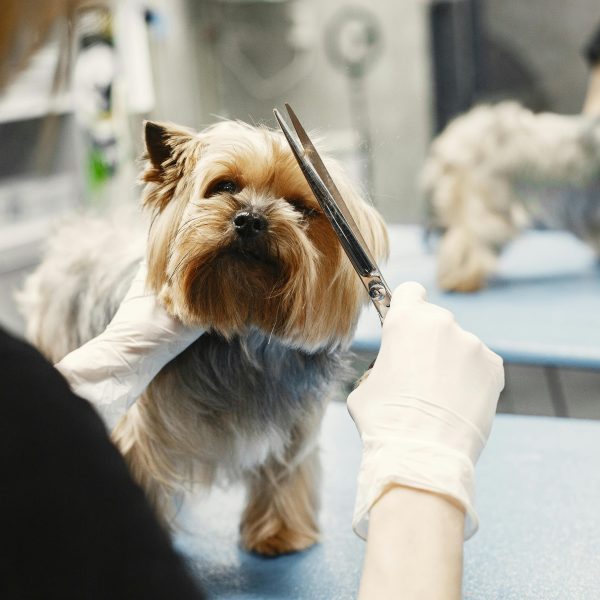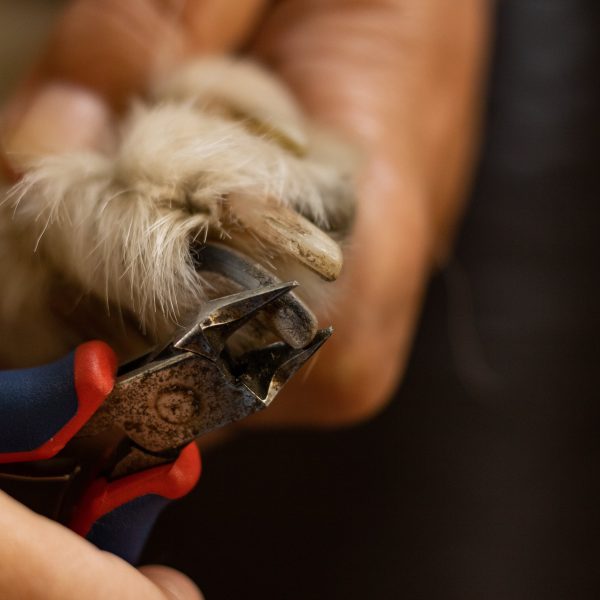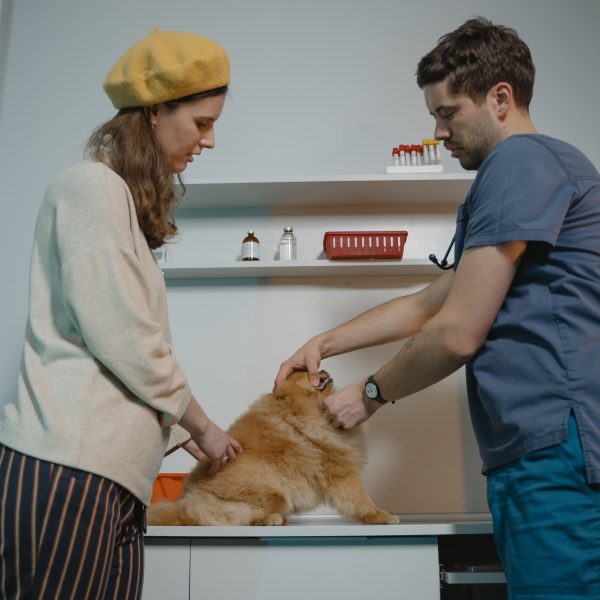Our furry companions hold a special place in our hearts and families, providing us with happiness and companionship. As responsible pet owners, it is crucial to remain vigilant and attentive to their health and well-being. Identifying health issues in pets at an early stage plays a crucial role in improving their prognosis and ensuring they enjoy a good quality of life. In this guide, we will explore some common health problems that affect our pets and offer valuable insights on how to promptly detect the signs.
1. Addressing the Growing Concern of Pet Obesity
Obesity has emerged as a significant health issue for pets worldwide, leading to complications such as diabetes, joint problems, and cardiovascular concerns. Recognizing obesity in your pets involves monitoring their weight, body condition score, and overall appearance. During regular petting sessions, pay attention to any excess fat around the ribs and spine area. If you notice that your pet is overweight, it is advisable to consult with your veterinarian for a tailored diet and exercise plan.
2. Beyond Bad Breath; Dental Troubles
Dental problems often go unnoticed but can have a significant impact on the overall well-being of our pets. Foul breath, difficulty eating food, or changes in behavior may indicate issues such as gingivitis or tooth decay.
It is crucial to check your pet’s teeth and gums regularly and follow the advice of your veterinarian regarding cleanings. Additionally, providing dental treats and toys can help maintain oral health for your furry companion.
3. Skin Issues; Beyond Normal Itching
Pets can experience skin allergies and infections due to factors like food sensitivities or parasites. If you notice your pet scratching excessively, experiencing redness, hair loss, or changes in their coat quality, it could be a sign of a skin problem. Regularly grooming your pet and examining their skin can help identify any issues. If you observe any skin irritation, it is best to consult with a veterinarian.
4. Ear Infections; Paying Attention to Warning Signs
Ear infections are quite common among breeds with ears that hang down. Signs like an odor, redness, swelling, and excessive scratching of the ears may indicate an issue. It is advisable to check and clean your pet’s ears regularly, especially if they spend time in water. If there are any signs of infection present, seeking attention is recommended.
5. Urinary Tract Problems; Noticing Changes in Habits
Changes in urination habits can be indicative of urinary tract problems such as infections or bladder stones. Keep an eye out for signs like straining during urination, blood in the urine, or accidents inside the house. If you happen to notice anything, it’s always a good idea to consult with your veterinarian for a thorough examination and appropriate diagnostic tests.
6. Digestive Discomfort; More than a Stomach
Pets often experience issues like vomiting and diarrhea. However, if these problems persist, they may indicate health concerns. It’s important to keep an eye on your pet’s bathroom habits and take note of any changes in the frequency, consistency, or color of their stools. If gastrointestinal problems continue, it’s advisable to seek advice from a professional to rule out causes such as intolerances or infections.
7. Respiratory Troubles; Recognizing Signs of Distress
Respiratory issues can affect pets and may manifest as coughing, sneezing, or difficulty breathing. Pay attention to your pet’s breathing rate and listen for any abnormal sounds. If you observe coughing or wheezing, it could be a sign of distress. Seeking attention from a veterinarian is essential in order to address infections or other related concerns.
8. Joint and Mobility Issues; Being Aware of Limping or Stiffness
Pets can develop arthritis and joint problems over time, especially as they age. Watch out for signs such as limping, stiffness, or reluctance to engage in activities they once enjoyed. If your pet shows signs of discomfort or difficulty moving around, it is recommended that you consult with your veterinarian for guidance. Early detection plays a role in identifying health issues in our pets, enabling us to take appropriate measures such as supplements, medications, or physical therapy to enhance their quality of life.
9. Beyond Fleas; Parasitic Infestations
It’s important to be aware that parasites like ticks and worms can pose health risks for our pets. Make it a routine to check for parasites while grooming your pets and follow the treatments recommended by your veterinarian. Keep an eye on their stool for any signs of parasites. If you notice anything, consult your vet for deworming protocols.
10. Behavioral Changes; Insights into Well-being
Behavioral changes often provide insights into the well-being of our companions. Watch out for signs such as lethargy, aggression, changes in appetite, or disrupted sleep patterns. If you observe any of these behaviors in your pet, it’s best to consult with a veterinarian for a health check-up. These behavioral changes might be linked to distress, so taking action is crucial.
Recognition is key when it comes to caring for our pets. Being attuned to their well-being and identifying signs of health problems are aspects of their overall care. Regular visits to the vet, providing them with a balanced diet, and promoting a healthy lifestyle all contribute towards preventive care. If you notice any signs or worries about your pet’s health, it’s important not to hesitate in seeking advice. It’s our responsibility as owners to take care of their well-being and happiness. Detecting any health problems early ensures a happier life for our beloved companions.

